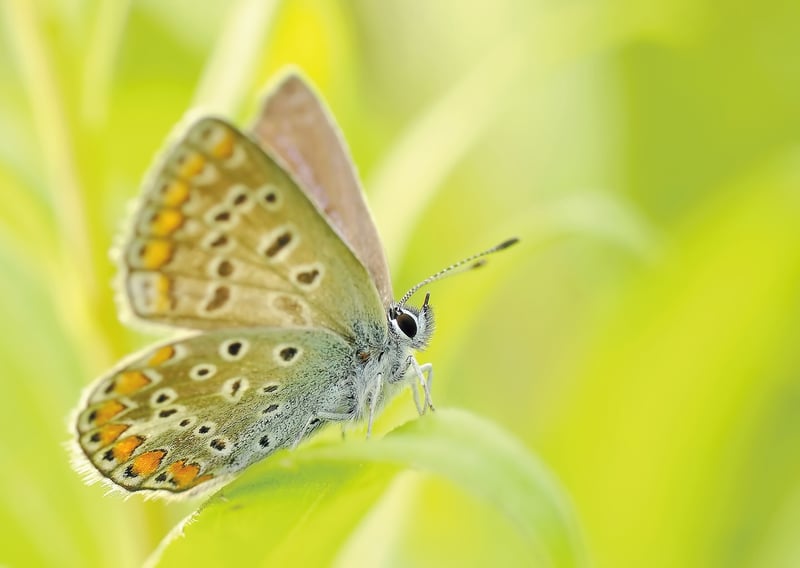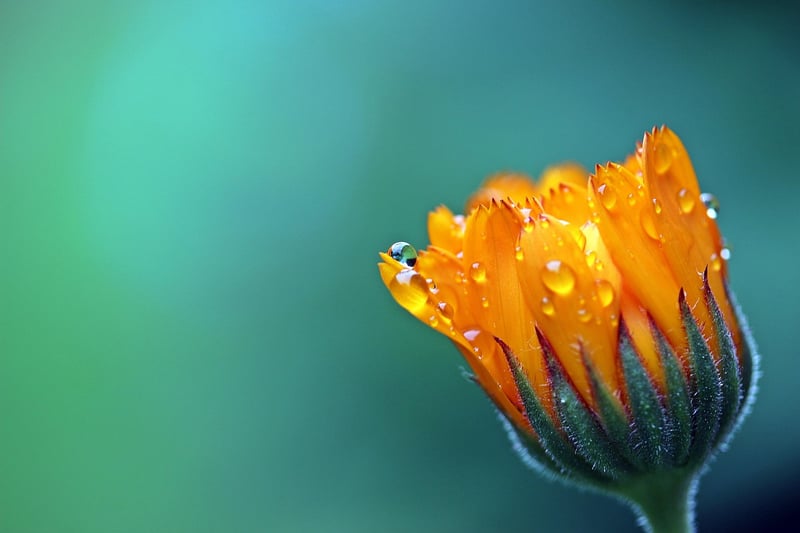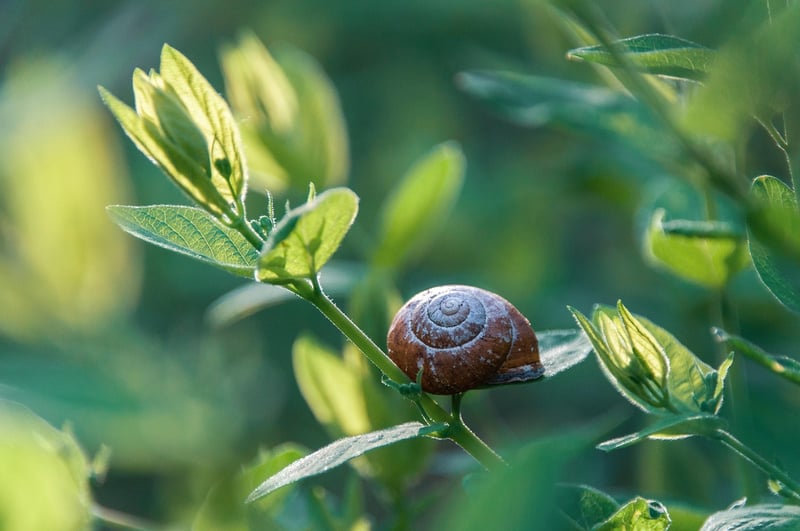Pest control methods
Keeping Your Garden Healthy: Pest Control Methods
Having a beautiful and thriving garden requires more than just watering and sunlight. One of the essential aspects of garden maintenance is pest control. Pests can wreak havoc on your plants, flowers, and vegetables if left unchecked. In this article, we will explore some effective pest control methods to keep your garden healthy and vibrant.
1. Natural Predators
Encouraging natural predators in your garden is an eco-friendly way to control pests. Ladybugs, lacewings, and praying mantises are beneficial insects that feed on common garden pests like aphids, caterpillars, and mites. You can attract these predators by planting specific flowers, herbs, and shrubs that they favor.

2. Neem Oil
Neem oil is a natural insecticide that can effectively control a wide range of garden pests. It works by disrupting the insect's hormonal balance, making it difficult for them to feed and reproduce. Neem oil is safe to use on most plants and is environmentally friendly.

3. Companion Planting
Companion planting involves growing certain plants together to benefit each other. Some plants can repel pests or attract beneficial insects. For example, planting marigolds alongside vegetables can deter aphids and nematodes. Research companion planting combinations that work best for the plants in your garden.

4. Diatomaceous Earth
Diatomaceous earth is a natural, sedimentary rock powder that can be sprinkled around plants to control pests like slugs, snails, and beetles. The sharp particles in diatomaceous earth cut into the pests' bodies, causing them to dehydrate and die. Be sure to use food-grade diatomaceous earth in your garden.

By incorporating these pest control methods into your gardening routine, you can protect your plants from common pests while maintaining a natural and healthy garden environment.
Remember, a little prevention and proactive pest management can go a long way in ensuring your garden stays beautiful and bountiful throughout the growing season.
